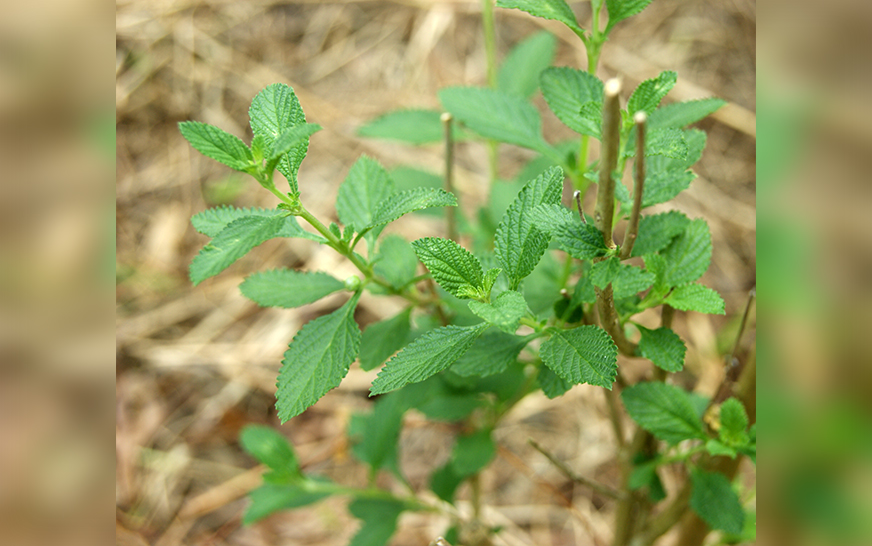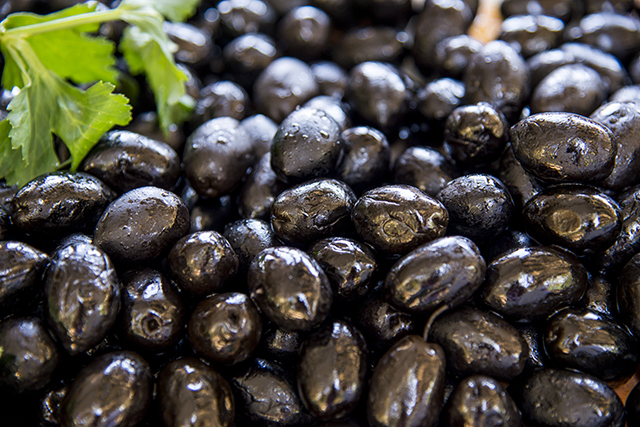Get more out of L-arginine by keeping your cytosolic calcium levels healthy
09/11/2019 / By Evangelyn Rodriguez

L-arginine supplementation is associated with many health benefits. However, the continuous use of L-arginine supplements leads to the loss of its therapeutic effects – it could even accelerate the senescence of endothelial cells. To investigate the factors responsible for this, researchers from the University of New England explored the metabolic link that drives AMPK functional modulation during continuous L-arginine exposure. The functional modulation of AMPK correlates with the effectiveness of L-arginine and the development of tolerance during continuous supplementation. Their findings were published in the journal Nutrition Research.
The benefits and limitations of L-arginine supplementation
L-arginine is a semi-essential amino acid that benefits human health in many ways. It is formed naturally by the body, but it can also be obtained from protein-rich foods and supplements. L-arginine is vital for many functions, but its production declines as people age. Hence, supplements containing L-arginine exist in the market today, and older people are encouraged to take them and eat protein-rich foods.
One of the biggest benefits associated with L-arginine is its ability to improve blood flow and circulation. L-arginine is a precursor of nitric oxide (NO), a reactive species that makes endothelial cells – the cells that line the inside of blood vessels – dilate. As people grow older, their ability to produce NO decreases, so the intake of L-arginine is crucial for the maintenance of heart health in the elderly.
Besides improving endothelial function and lowering blood pressure, L-arginine is linked to other health benefits. These include:

|
Discover how to prevent and reverse heart disease (and other cardio related events) with this free ebook: Written by popular Natural News writer Vicki Batt, this book includes everything you need to know about preventing heart disease, reversing hypertension, and nurturing your cardiac health without medication. Learn More. |
- Anti-inflammatory action
- Improvement of erectile dysfunction
- Reduction of the risk of atherosclerosis
- Augmentation of the effects of exercise on insulin sensitivity
- Strengthening of the immune system
- Enhancement of kidney function
L-arginine supplementation is considered safe and effective. However, it should be limited to short-term usage. Studies have shown that continuous supplementation of L-arginine leads to the loss of its therapeutic benefits. Long-term supplementation with L-arginine could also accelerate the senescence of endothelial cells. Cellular senescence refers to the process by which cells deteriorate due to age. This detrimental effect of long-term treatment with L-arginine can be attributed to the activation of a protein known as arginase II, which metabolizes L-arginine and plays a role in vascular endothelial cell senescence. Treatment with L-arginine supplements for more than six months also resulted in the reduction of NO and the development of tolerance in patients with peripheral arterial disease.
Maintaining cytosolic calcium levels can extend the effectiveness of L-arginine
The functional modulation of AMP-activated protein kinase (AMPK) correlates with the therapeutic effectiveness of L-arginine and with the development of tolerance during continuous supplementation. The AMPK signaling pathway is involved in the regulation of cellular growth, autophagy, and metabolism. To explore the metabolic link responsible for AMPK functional modulation, the researchers used human umbilical vein endothelial cells (HUVECs) and incubated them for seven days with 100 micromoles per liter (umol/L) L-arginine in the presence or absence of other agents.
They monitored their effects for eNOS function and on tolerance sparing effects (cellular glucose accumulation and oxidative stress). eNOS refers to endothelial NO synthase, an enzyme that utilizes L-arginine to produce NO. The researchers reported that HUVEC co-incubation with L-arginine and ?1200 milligrams per milliliter (mg/mL) of calcium (Ca2+) for seven days prevented tolerance development and increased eNOS function, AMPK functional activity, and overall cellular glucose uptake.
In addition, they found that the overall cellular cytosolic Ca2+was below 200 nanomoles per liter (nmol/L), but there was no change in the levels of cellular glucose and superoxide/peroxynitrite. Peroxynitrite is the product of the reaction between superoxide and NO. These three reactive species are often produced excessively during diverse inflammatory and pathological conditions.
When cells were exposed for seven days to L-arginine and Ca2+ concentrations greater than 1200 mg/mL, the researchers observed a decrease of at least 70 percent in eNOS and AMPK functional response, along with a reduction in glucose uptake and a twofold increase in superoxide/peroxynitrite levels. The co-incubation condition involving >1200 mg/mL Ca2+ also improved the overall cellular Ca2+to >200 nmol/L.
The researchers observed a similar tolerance response in cells co-treated with L-arginine and ?1200 mg/mL Ca2+ in the presence of a Ca2+ influx inhibitor (20 umol/L 1,2-bis(o-aminophenoxy)ethane-N,N,N?,N?-tetra acetic acid), or eNOS activity inhibitor (30 umol/L l-NG-nitroarginine methyl ester). However, they did not observe a tolerance response in cells incubated for seven days with L-arginine and ?1200 mg/mL Ca2+, even in the presence of an inhibitor of cellular glucose induction (30 umol/L 5-chloro-2-(n-(2,5-dichlorobenzenesulfonamide))-benzoxazole).
Based on their findings, the researchers concluded that maintaining cytosolic Ca2+ within a threshold limit of less than 200 nmol/L is necessary to extend the therapeutic efficacy of L-arginine during continuous dosing. This optimal Ca2+ concentration also prevents the development of tolerance to L-arginine.
Sources include:
Tagged Under: alternative medicine, amino acid, anti-inflammatory, calcium, cell senescence, endothelial cells, glucose, glucose accumulation, glucose uptake, heart health, immune system, L-arginine supplementation, natural cures, natural medicine, nitric oxide, nutrients, oxidative stress, prevention, research, supplements, tolerance development, vasodilator



















